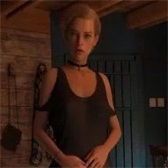Marc Laidlaw penned *400 Boys* in 1981 at the age of 21, long before he became Valve’s lead writer and a pivotal figure behind the iconic *Half-Life* series. Originally published in *Omni* magazine in 1983, the story later gained broader recognition as part of *Mirrorshades: The Cyberpunk Anthology*. Despite his acclaimed career in video games, Marc notes on his website that *400 Boys* has likely reached more readers than nearly all his other works—except perhaps seasonal promotional copy for *Dota 2*. It's an unexpected twist, but one that underscores the unpredictable nature of creative legacy.
In a post-apocalyptic city where rival gangs live by a bushido-inspired code of honor, the emergence of a new faction—the 400 Boys—forces uneasy alliances among them. Blending raw intensity with visual flair, the adaptation was brought to life by Canadian director Robert Valley, known for directing the Emmy-winning *Love, Death & Robots* episode “Ice.”
“The inspiration came from walking around Eugene, Oregon,” Marc recalls. “There were always posters with band names on phone poles, and I thought, ‘What if I created gang names instead?’ That idea became the foundation of the story—just me having fun inventing names for fictional gangs.”
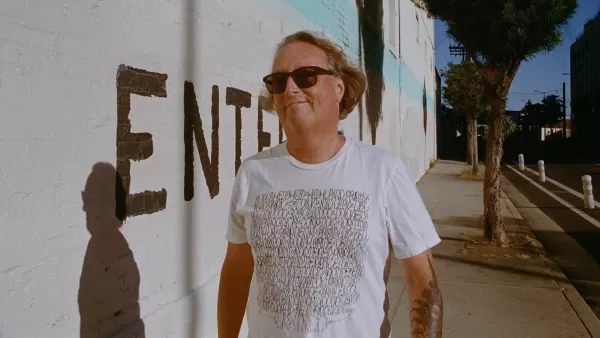
More than four decades after its initial publication, *400 Boys* has found new life as an episode of Netflix’s *Love, Death & Robots*, Season 4. Directed by Robert Valley and written by Tim Miller, the episode features voice work from John Boyega (*Star Wars*) and marks a surprising resurgence for a story Marc assumed had faded into obscurity. “Cyberpunk kept evolving, but I didn’t think much about *400 Boys* again,” Marc admits during a recent video call.
The journey from page to screen almost happened much earlier. Around 15 years ago, Tim Miller of Blur Studio expressed interest in adapting it, but the project stalled amid studio changes. Then came the explosion of *Love, Death & Robots* in 2019—a bold, adult-oriented animated anthology unlike anything else on streaming platforms. Marc admired Tim’s work, particularly his adaptation of J.G. Ballard’s *The Drowned Giant*, which convinced him Tim was the right person for *400 Boys*.
Marc relocated to Los Angeles in 2020 and met Tim casually at events. He never pushed the project, but as the fourth season of *Love, Death & Robots* approached, an email finally arrived: “Would you be interested in us optioning *400 Boys*?”
Tim took over scripting duties, while Marc offered some background context and pointed Robert Valley to his audiobook version of the story. But beyond that, Marc stepped back. “It was nice not to be deep in the weeds this time. I just wanted to enjoy the final product when it was done.”
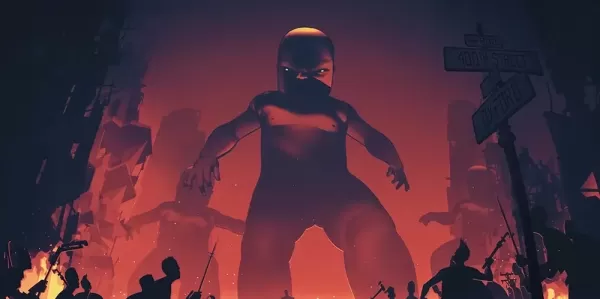
Having seen the episode, Marc is enthusiastic about the result: “John Boyega brings great energy, and the accents, characters, and setting all feel so fresh. Visually, they’ve made the story even more engaging.”
Reflecting on the early days, Marc says, “This feels like the work of a different version of me, someone from lifetimes ago. Still, I’m pretty proud of it considering my age when I wrote it.”
After a period of relative quiet following the story’s release, Marc eventually shifted his focus to the gaming world in 1997, joining Valve during the development of *Half-Life*. That chapter would define his public identity for years to come.
Laidlaw “retired” from Valve in 2016, though in hindsight, he jokes, “I retired too hard.” While no longer involved in game development, he remains creatively active—primarily through music. His audience grew unexpectedly after releasing rare *Half-Life 2* development footage via YouTube following Valve’s anniversary documentary last year. “Maybe I should stick to leaking old content,” he laughs.
Looking back at *Half-Life* for the documentary was both nostalgic and cathartic. “It was good to reconnect with old friends and put a bow on that chapter. A lot of people have moved on, so it felt like closure.”
With *Half-Life* and *Half-Life 2* now celebrated in retrospective documentaries, the only remaining Valve title with potential for future nostalgia is *Dota 2*, which recently turned 12. “Valve might reach out in eight years,” Marc quips. “Or maybe they’ll do something on *Alien Swarm*—I did a little bit on that, too.”
Talking to Marc inevitably circles back to *Half-Life*. But with the documentaries completed, there’s less to say about the past—and more curiosity about what comes next. When asked whether he’d ever return to writing for games, Marc is open—but realistic.
“I'd love to help polish dialogue for someone like Hideo Kojima,” he muses. “I could make sure the lines sound natural without messing up the script. But since I retired so thoroughly, I don't think the industry really thinks of me anymore.”
Surprisingly, post-Valve opportunities weren’t as compelling as expected. “People would ask me to write synopses for mobile laser tag games. Not exactly my wheelhouse, but I tried not to say no.” Despite his legendary status, few meaningful offers came through. “Most assume I just write a bunch of in-game text, but Half-Life was minimal on purpose—I hated reading in games.”
So, what if Valve called tomorrow with plans for *Half-Life 3*? Would Marc take the offer?
“No,” he says plainly. “Even when I was still there, I started feeling like the old guy shooting down ideas. At some point, you need to let newer creators build on what they learned from you. I haven’t played *Half-Life: Alyx*, so I’m out of touch with current developments. And honestly, I don’t think I could handle the workload anymore.”
Though he’s stepping away from *Half-Life*, Marc’s creative influence continues to ripple outward. Just look at *400 Boys*—a short story from 1981 now adapted into a globally streamed animated episode. Perhaps, in time, another studio may approach Valve about adapting *Half-Life* for screens. If that day comes, Marc will be watching from the audience, just like everyone else.
“I got into cyberpunk before it had a name. Then joined a fledgling game company that ended up creating *Half-Life*. I’ve been lucky to be part of things that became cultural phenomena.”


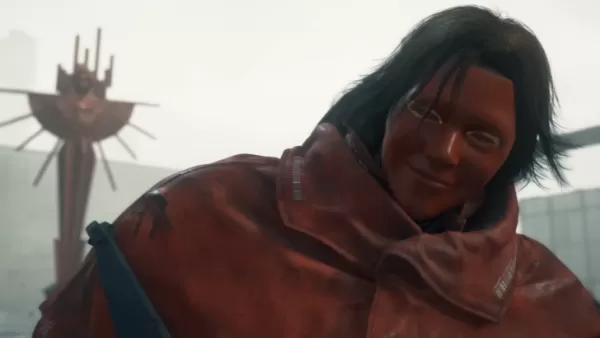
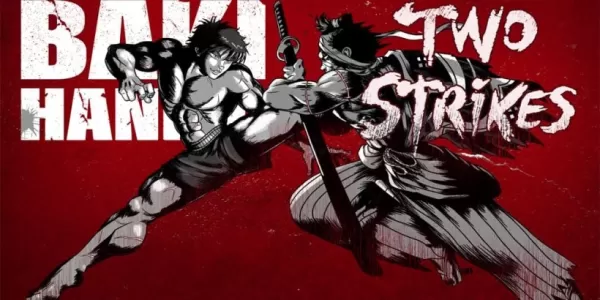
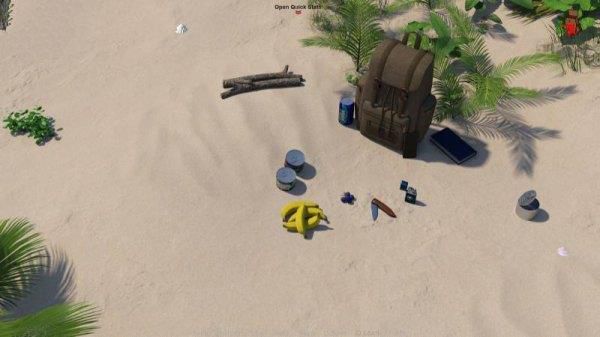
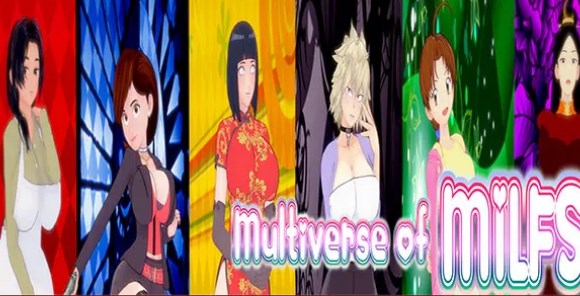

![NULL [Remastered]](https://imgs.39man.com/uploads/71/1719651062667fcaf6c483b.png)
